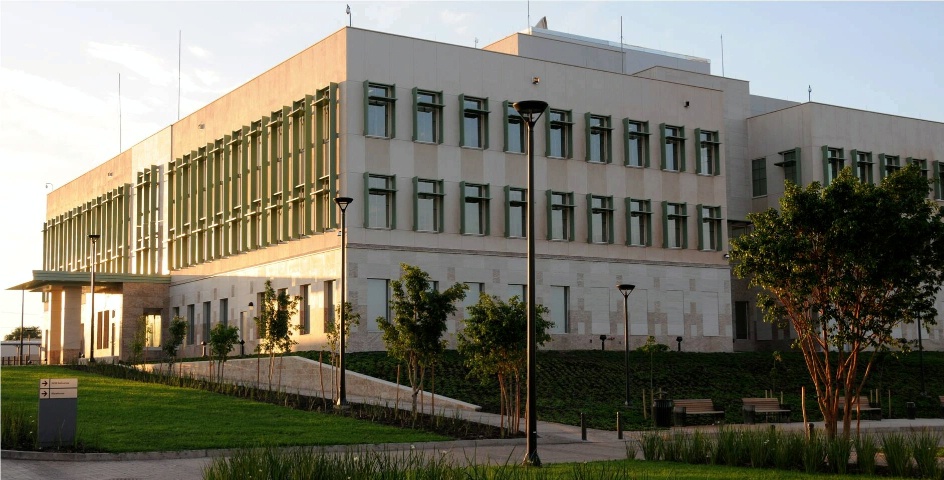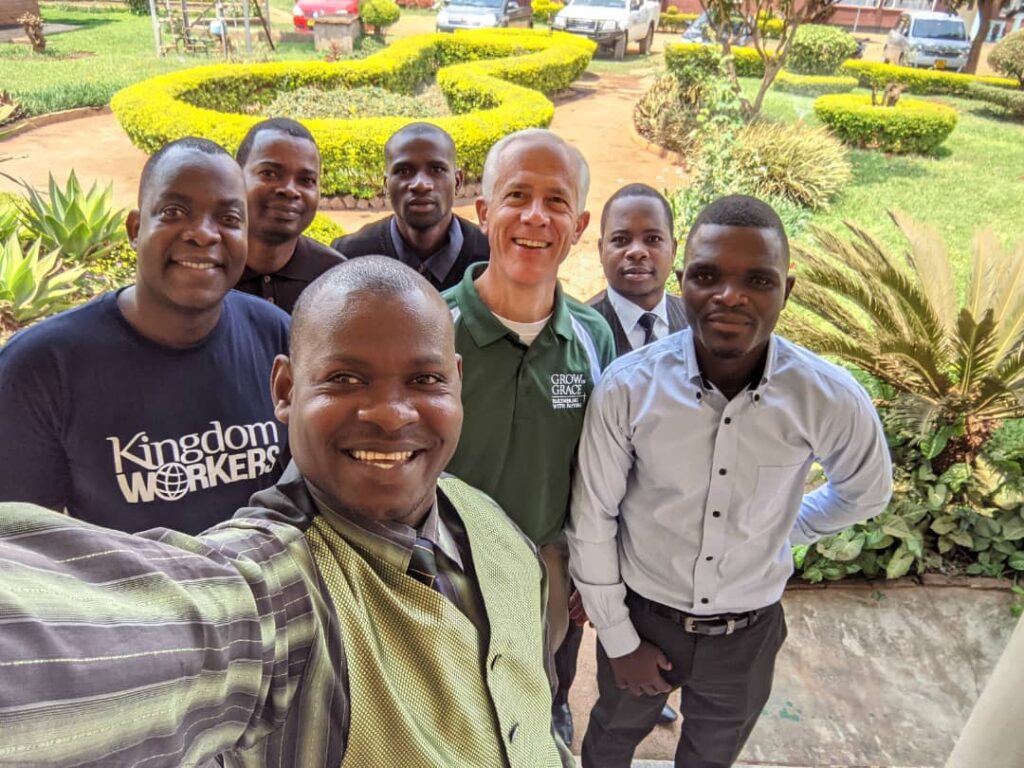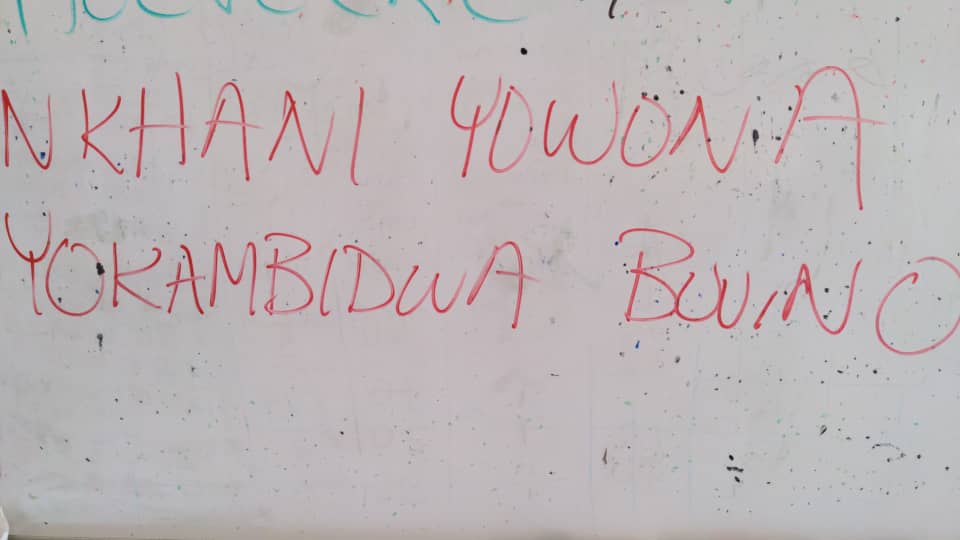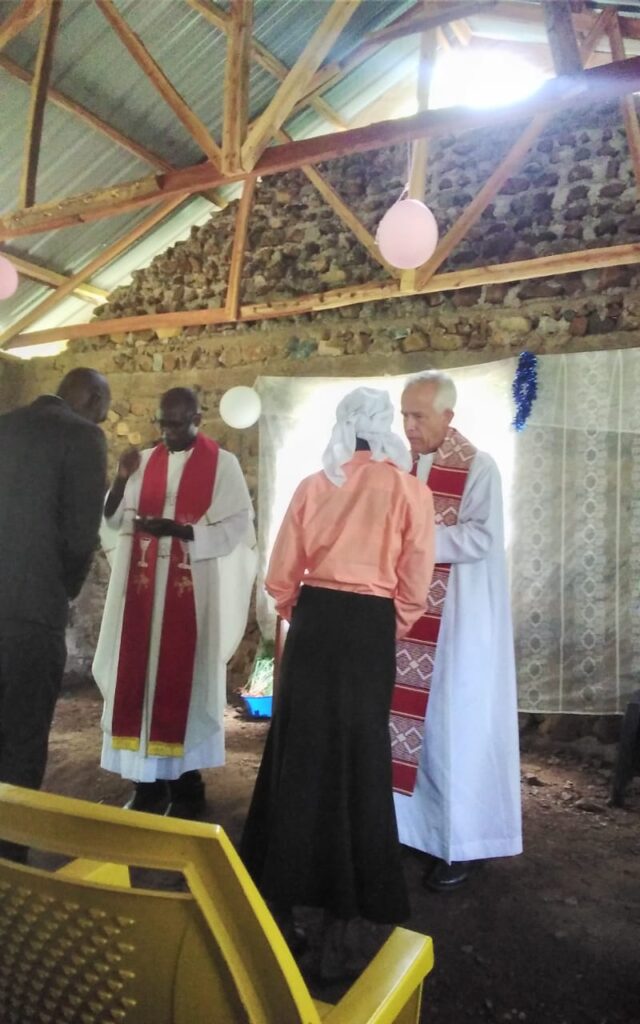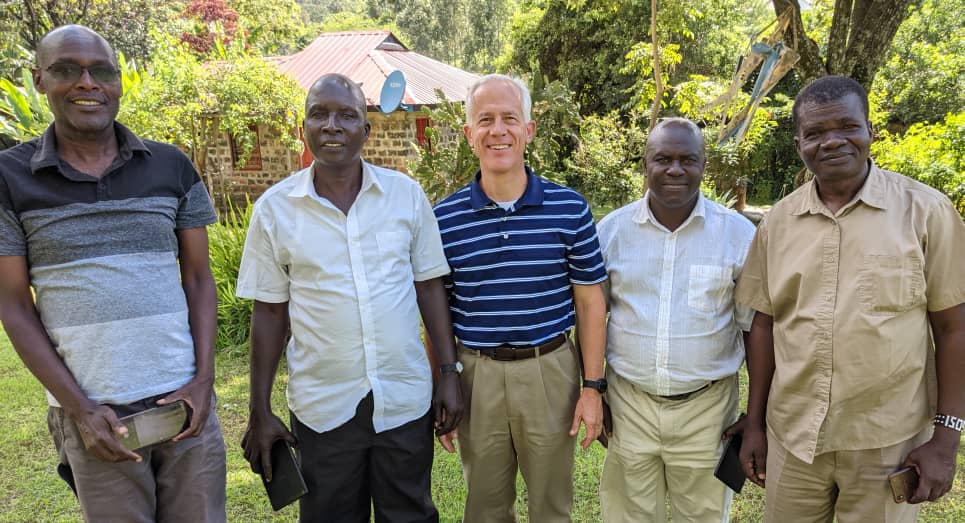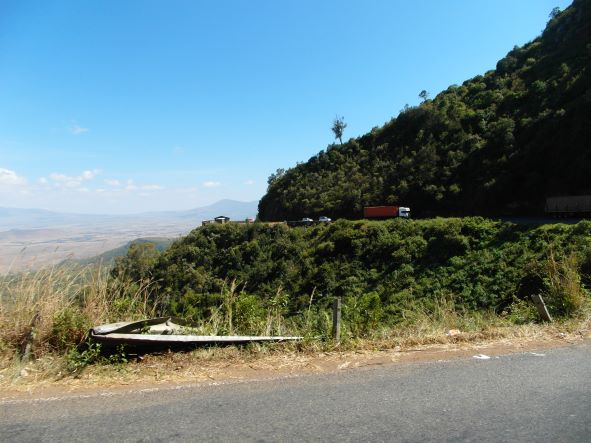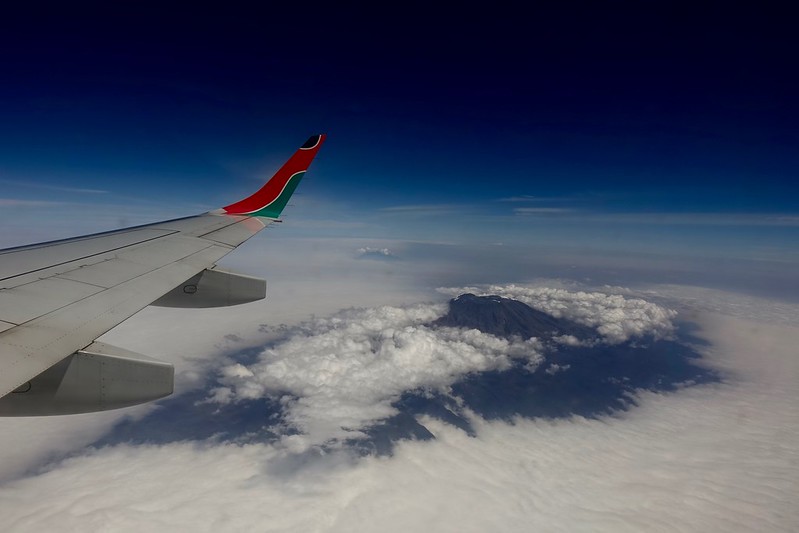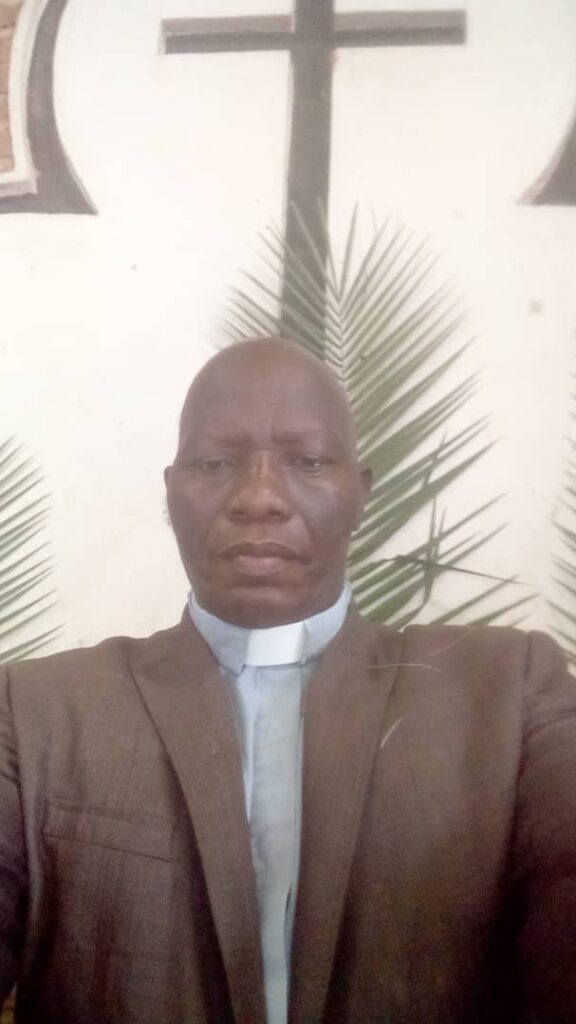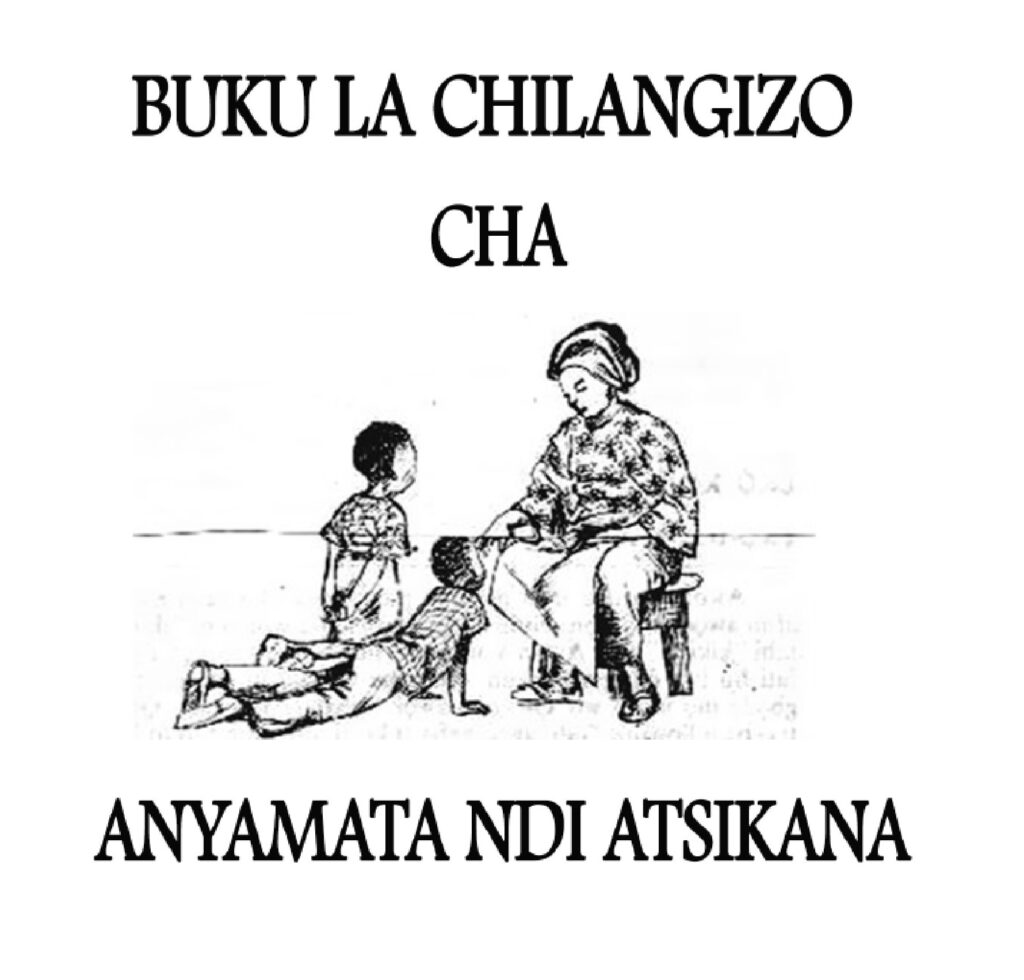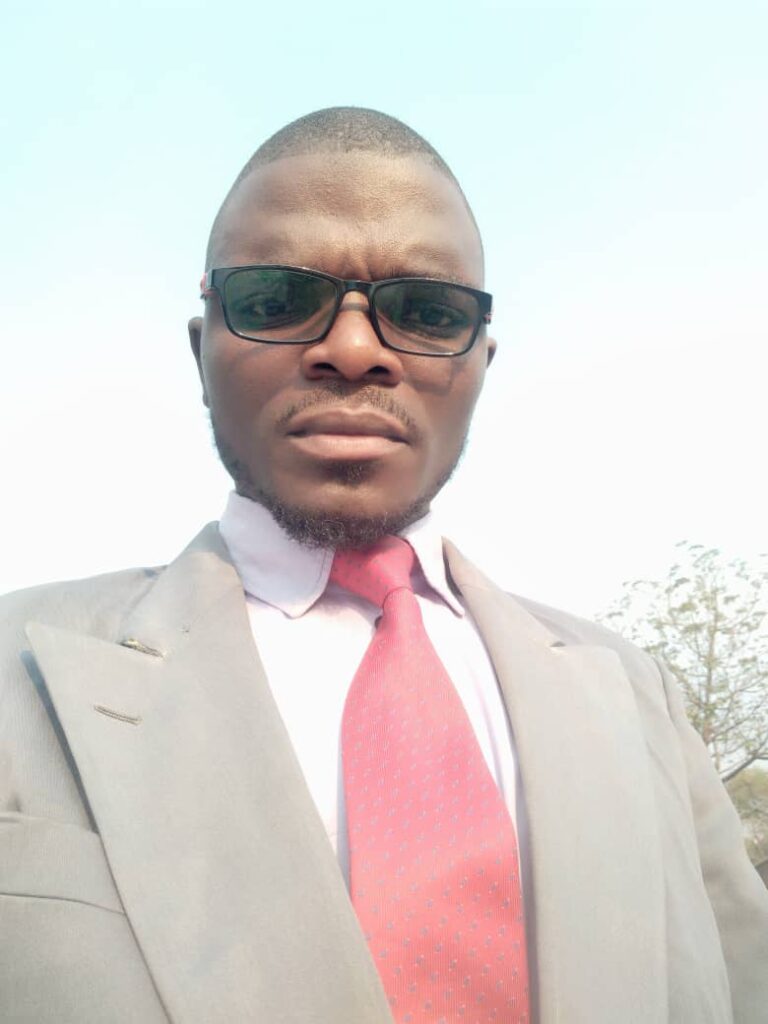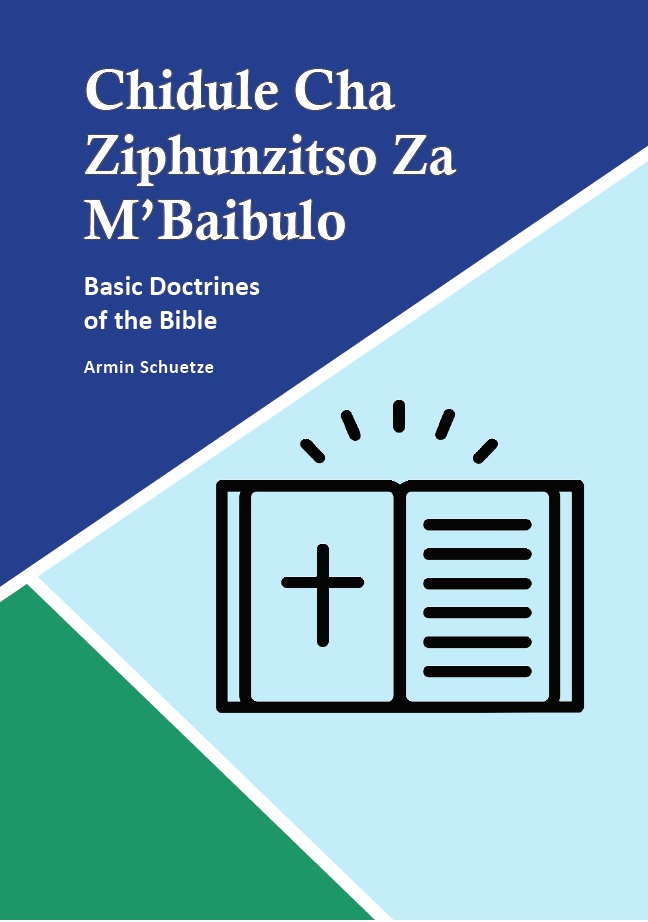Translation Foundation
Half a lifetime ago I locked myself into a room with a Bulgarian pastor. We were reviewing translations of Bible commentaries and the Lutheran Confessions. We used to argue for hours over how to best convey complicated theological concepts and terms in the Slavic tongue. I learned the hard way that translation work takes great skill, patience, and flexibility. The Star Trek universal translator machine is ridiculous fiction. Google algorithms can translate individual words and phrases, but it always fails to see the forest for the trees. Computers lack the ability to analyze, decode and transmit human speech from one language to another. There is no substitute for the human mind.
Plans Change
WELS Multi-Language Productions (MLP) facilitates the production of Biblical Lutheran literature for use in its world mission fields. MLP encourages both the translation of existing English books as well as the production of original materials in other languages. The One Africa Team asked MLP to sponsor a translation workshop for WELS mission partners in Africa in 2021. MLP sponsored publications conferences in Lusaka, Zambia in 2018 and 2019. WELS partners from Ethiopia, Kenya, Nigeria, Cameroon, Zambia, Malawi, India, and Nepal attended.
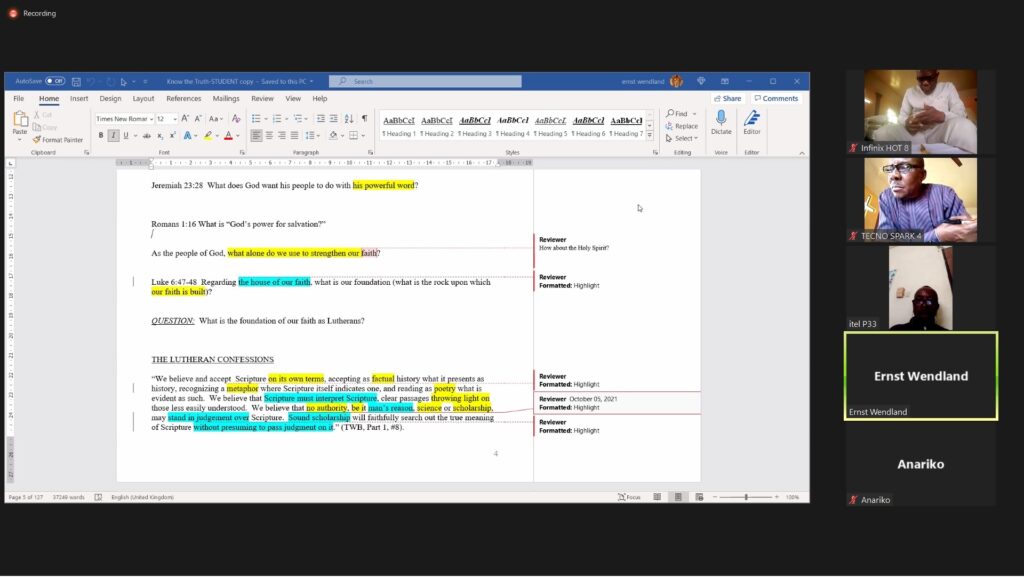
COVID19 disrupted the One Africa Team’s plans to host an in-person publications event in Lusaka during 2021. We had concerns about the safety of our guests and the student families living on the Lusaka Seminary campus. That led us to adjust our plans and offer an online event. Over five days, Dr. Ernst R. Wendland used the online teleconferencing program Zoom to present his material. Dr. Wendland has served WELS missions for over half a century. He teaches Biblical languages at the Lusaka Seminary and has coordinated translation work for the United Bible Society of Zambia.

Workshop Takeaways
Translators have to change the form of the original text to convey its meaning accurately. That may mean changing the word order or even the order of the sentences. This may mean eliminating words that are redundant or have no local equivalent. They may need to add words or phrases that convey a concept similar but are not identical to the original. It may be necessary to replace a technical term with a generic word, like translating “Paraclete” with “Helper.” There are many other kinds of changes that a translator must make to the form of the original text. Otherwise, the original meaning will be lost or presented incorrectly. It took many months and many heated discussions with my Bulgarian counterpart for me to understand and appreciate this concept. I was very uncomfortable with changing the form of the original text, but a word-for-word translation doesn’t help readers either.

A second takeaway from the workshop is that translation work is both an art and a science. The legend that 70 Jews individually produced identical translations of the Old Testament into Greek is laughable. There is more than one way to translate any text, but some ways are superior to others. Every translation can be improved by a review. The best translations are not produced by superstar solo artists, but by collaborative bands working in harmony. An ideal translation team consists of the translator, language consultants, a reviewer(s), and a copy editor. It takes a lot of time and money to publish a book. As a publication has a long-lasting influence on future readers, it’s worth the effort to produce a high-quality translation.
A Worthy Legacy
Dr. Wendland is a world-renowned linguist and translation expert. However, the principles he shared at our workshop can be used by anyone interested in and committed to translation work. He modeled the importance of asking questions about the meaning of the original text.
In my experience, translating a text from one language to another gives you a better understanding of its meaning. When you translate a text, you must ask yourself what the author originally meant. It’s painstaking work, and it’s not everyone’s cup of tea. But producing a high-quality translation of a theological book is a church body’s priceless legacy. We thank God for men like Dr. Wendland who have slashed through the jungle and shown us the path forward.
Missionary John Roebke lives in Malawi
Please pray for those working in fields that are ripe for harvest. Share their story, engage with future news and receive updates. Learn more about our mission fields in Africa and how the Holy Spirit is working faith in people’s hearts at https://wels.net/serving-others/missions/africa

